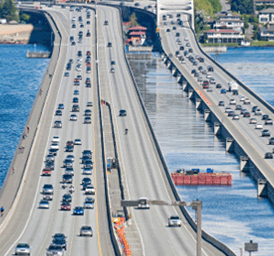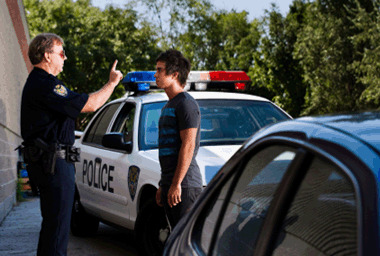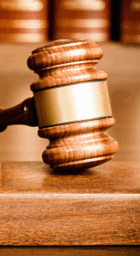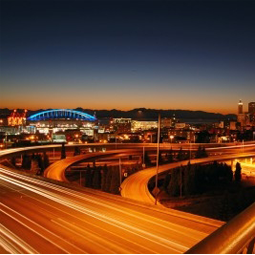Feb 21

Will President Trump's Crackdown on Immigrants Lead to More Arrests During Traffic Stops?
With President Trump's decision to attempt to deport individuals in the United States who are here illegally, and perhaps even some noncitizens who are here legally, immigrant drivers have serious reason for fear and concern.
What will happen now that a new president has taken office? Will local police agencies participate in arrests? Who is at greatest risk of arrest and getting deported? Last but not least, what is one to do if one is cited and/or arrested?
While many of these questions are difficult to answer because so much is unknown about the size and scope of actual enforcement, there are some things we know from past experience:
First, there has been a serious uptick in deportations since the Obama Administration, and as deportation is a serious desire of President Trump, it is likely that given executive action and recent statements, arrests for deportations will accelerate rather than decrease.
Second, what happens to a person during a traffic stop will largely depend upon a the law enforcement agency as well as the locality of law enforcement, where local police conduct far more traffic stops than federal agents and where local policy decisions may attempt to counteract federal executive action.
For example, in Los Angeles and Seattle, many police officers feel that enforcing immigration laws is not part of their job description. In addition, officers who are investigating serious criminal offenses often feel that the fear of arrest is an obstacle to police officers' ability to solve and prosecute violations of local laws. In addition, the LAPD and SPD have policies that forbid officers from initiating contact with a person solely to ask about a person's immigration status; however, this policy alone may not help a person who is stopped for another reason, such as speeding, failing to signal a turn, reckless driving, or DUI.
Third, in determining those who may be at greatest risk, what has been true in the past may no longer hold in the near future or even in the long term. In the past those at greatest risk of arrest and deportation are certain classes of individuals who have been convicted of a criminal offense, but not all criminal offenses; rather, the United States Government views certain criminal offenses as more serious than other criminal offenses. While the scope of criminal offenses under which the Government chooses to arrest people may broaden, it is unlikely that the scope will narrow any time soon.
Finally, what if you or someone you know has been cited with an offense and/or arrested? If a person is cited and released, it does not mean that the person will not be arrested at a later time. This individual should not feel he or she will no longer have problems. An individual who is arrested, given a ticket, or issued or sent a demand to appear in court should not ignore it; rather, the individual should seek the assistance of a lawyer immediately. A skilled attorney will know whether the individual needs to go to court, whether an attorney can appear on behalf of that individual without the need of that individual coming to court, and a skilled attorney will be able to explain the consequences and penalties associated with alleged traffic violations and other offenses.











